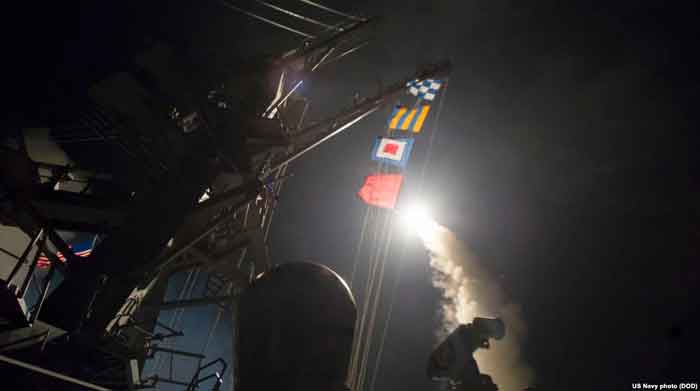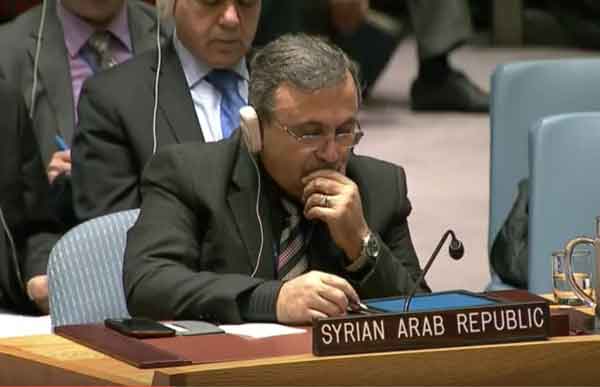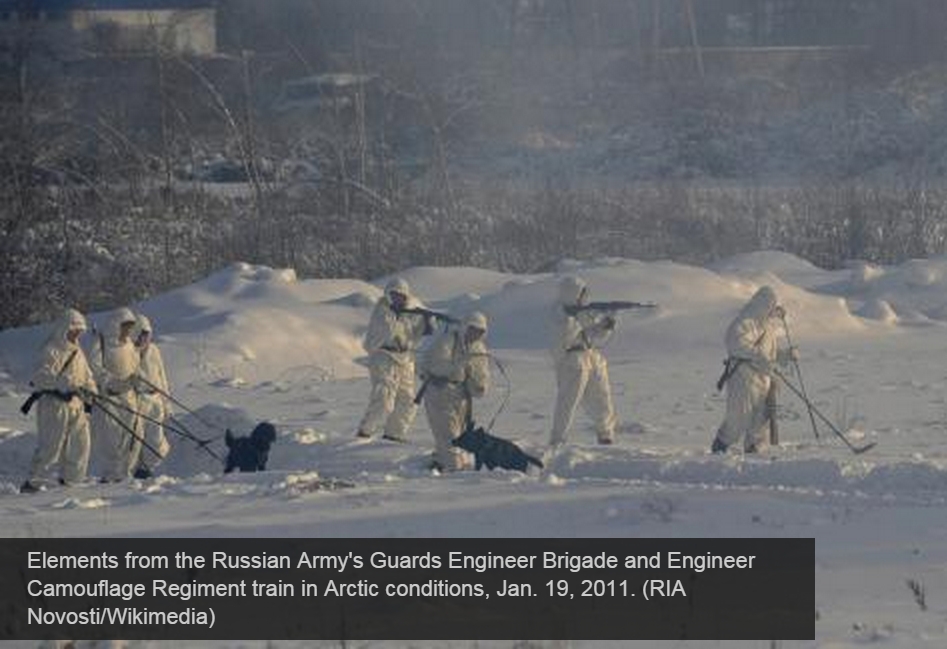While in London, Secretary of State John Kerry called on Syria's Bashar al-Assad to hand over his arsenal of chemical weapons by the end of the week to avoid a military confrontation with the U.S., Russia agreed and pushed for Syria to do the same even while opposition is growing in the U.S. for strikes against that Middle-Eastern country.
At a London press conference Kerry responded to reporters when asked what Syria could do to prevent an armed strike by the United States, saying He could turn over every single bit of his chemical weapons to the international community in the next week,” he said. “Turn it over, all of it, without delay. And allow the full and total accounting for that, but he isn’t about to do it.”
Later in the day, Russia’s Foreign Minister Sergey Lavrov picked up on the statement and told reporters that Russia would ask Syria to place its chemical weapons under international oversight and then have them dismantled. “If the establishment of international control over chemical weapons in that country will avoid strikes, we will immediately begin working with Damascus,” Lavrov said. “We call on the Syrian leadership not only to agree on a statement of storage of chemical weapons under international supervision, but also to their subsequent destruction.”
Syria’s Foreign Minister Walid al-Moallem said that his country welcomed the proposal.
The United States has not responded to the Russia proposal and Syria’s acceptance of it and the White House continues to push for a limited military strike that is growing more unpopular as the days progress. Deputy National Security advisor Tony Blinken said that the White House is reviewing the Russian propoasal ans Syrian response but said that he doubted that Syria would adhere to the deal.
The State Department played down Kerry’s London response to reporters, saying, “Secretary Kerry was making a rhetorical argument about the impossibility and unlikelihood of Assad turning over chemical weapons he has denied he used,” Jen Psaki, a State Department spokeswoman said. “His point was that this brutal dictator with a history of playing fast and loose with the facts can not be trusted to turn over chemical weapons otherwise he would have done so long ago. That’s why the world faces this moment.”
It is unsure if the President can garner enough support in Congress to strike at Syria, and the opposition to a strike is not only confined to lawmakers. Two new polls released on Monday showed growing opposition to a strike. USA Today and Pew Research released a poll that showed a 63% opposition to a strike with 45% in strong opposition. Just 28% favored a strike.
In a separate poll released by CNN/ORC poll on Monday, 70% felt that a strike would not acheive significant goals for the U.S. 55% opposed a military strike in that poll.
United Nations Secretary-General Ban Ki-moon welcomed the news of the Russian proposal and the Syrian agreeance. As Ki-moon spoke with reporters on Monday he stated that he may ask the Security Council to demand that Syria also join the International Anti-Chemical Weapons Convention.







